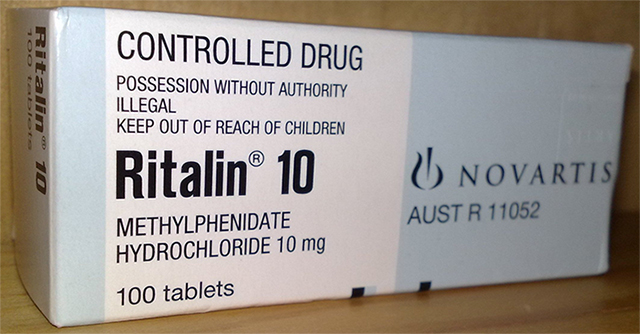Ritalin is commonly prescribed as the first medication for treating ADHD.
Millions of children are taking Ritalin, and many adults too, but the evidence that it is actually helpful has been placed under the spotlight.
A landmark study in December 2015, led by Dr. Ole Jakob Storebø, found poor evidence and substantial bias to suggest that Ritalin might not be as effective for treating ADHD as we first thought.
“At the moment, the quality of the available evidence means that we cannot say for sure whether taking methylphenidate (Ritalin) will improve the lives of children and adolescents with ADHD.”
Source: Cochrane review
The paper adds:
…among children and adolescents with a diagnosis of ADHD, methylphenidate may improve teacher reported symptoms of ADHD and general behaviour and parent reported quality of life. However, given the risk of bias in the included studies, and the very low quality of outcomes, the magnitude of the effects is uncertain. Methylphenidate is associated with an increased risk of non-serious but not serious adverse events.

Ritalin for ADHD Under Fire?
Not quite.
Or at least… not yet.
You’d think that such an attack on Ritalin’s ‘de-facto role’ as a medication used by a generation of ADHD sufferers — particularly young children — would attract more attention than it did.
Beyond some token mentions in the press, discussion of the research was mostly confined to medical journals.
Well, that could change because the influential Journal of the American Medical Association (JAMA) has just issued a Clinical Evidence Synopsis backing the research and calling for guidelines to be reevaluated.
Of course, any change to ADHD medication guidelines will take time.
More research will be required, including what the Cochrane Report calls for as “long term randomised nocebo tablet (active placebo) controlled clinical trials without risks of bias.”
Arguably the biggest concern with Ritalin is how poorly we understand the long-term side effects.
In January, the Pediatrics journal published a study of 141 children of parents who had previously been diagnosed with a mental disorder. The research found that 62.5% of the children on stimulants had psychotic symptoms, compared to just 27.4% who hadn’t taken them.
Many parents will be justifiably alarmed that doctors have not been armed with this information when deciding on the best medication for their children.
Is Ritalin Safe in the Long Term?
Ritalin remains the most commonly prescribed medication for ADHD.
It would be misleading to say that long-term use of methylphenidate is more harmful than we previously thought.
The mounting evidence is that we simply don’t have enough non-biased evidence to make a reasoned assessment either way.
The Cochrane review, followed by the JAMA call-to-action, should trigger new research in to the effectiveness of Ritalin for ADHD — as well as the long term side effects.
Good news, but worrying news too.
What are your thoughts on Ritalin for ADHD?
Have you noticed major side effects? Are they worth it?